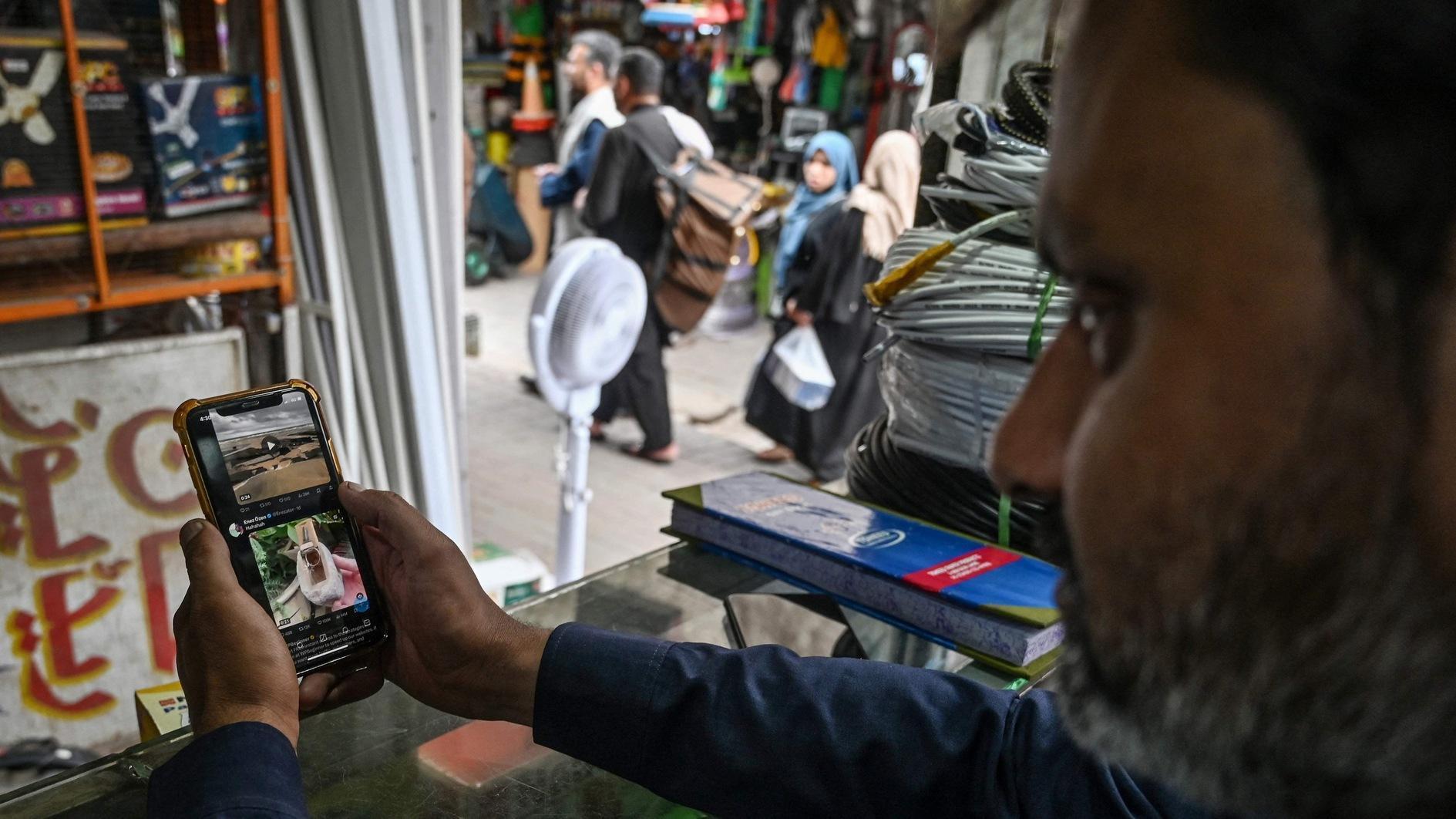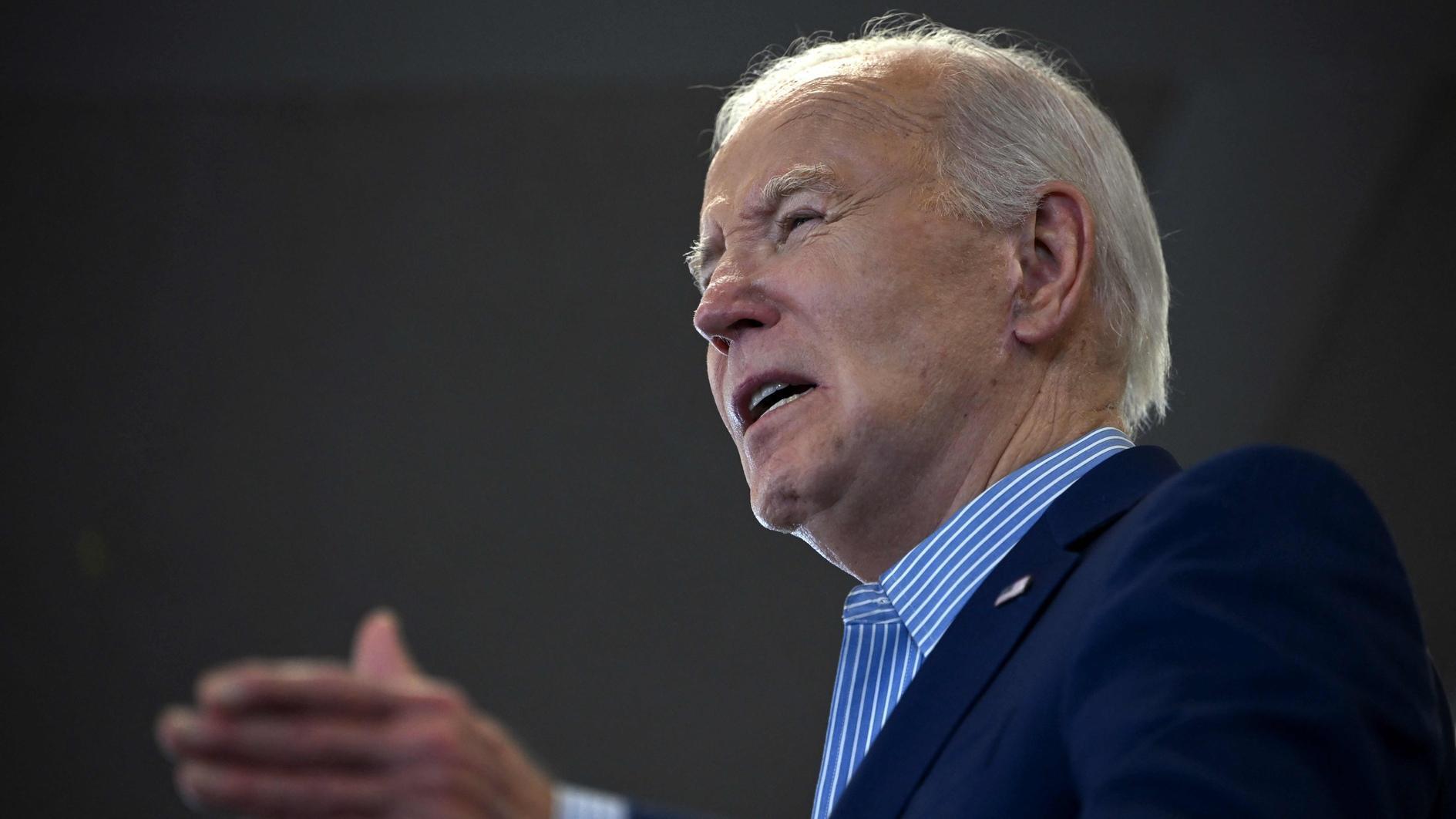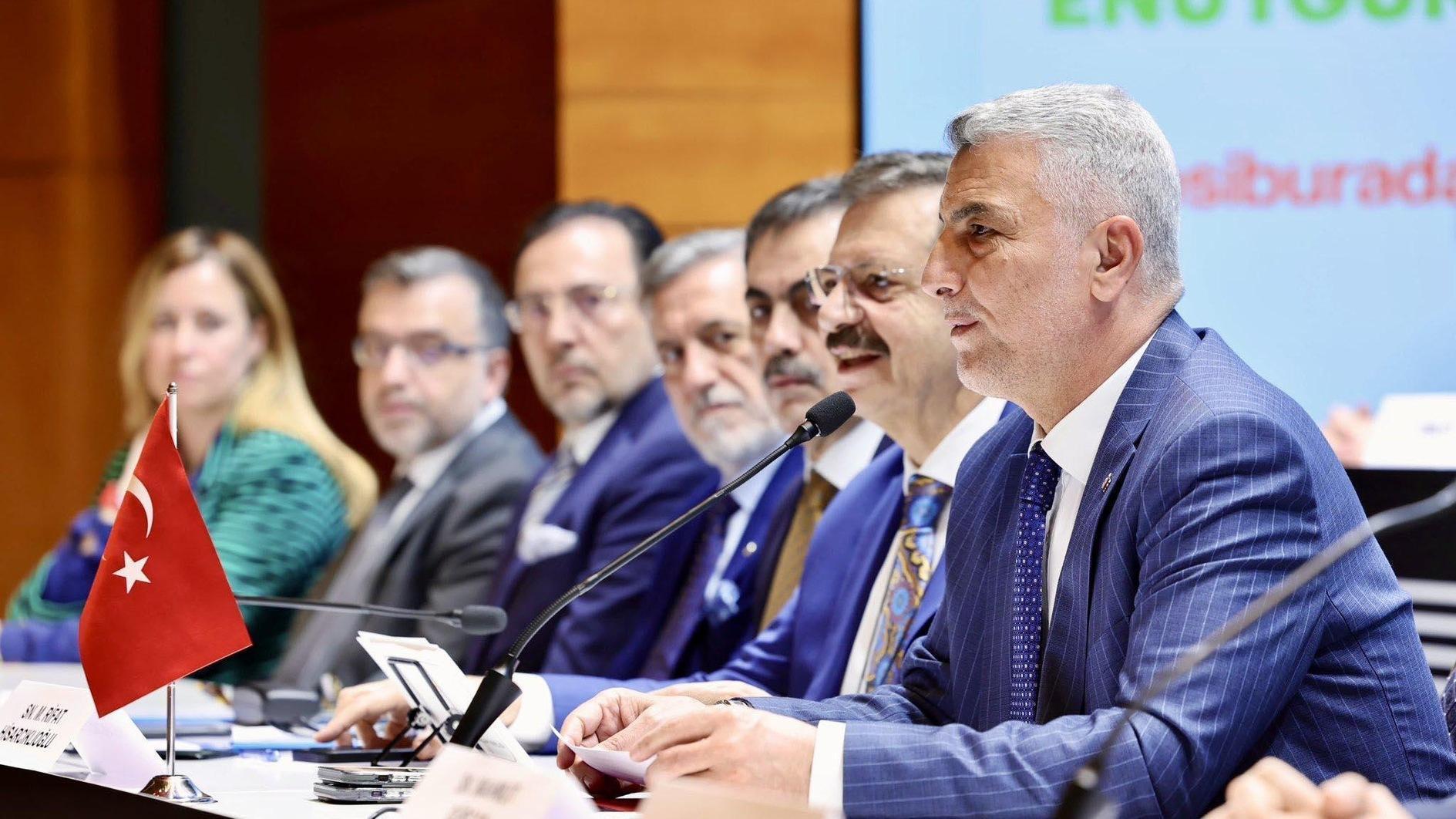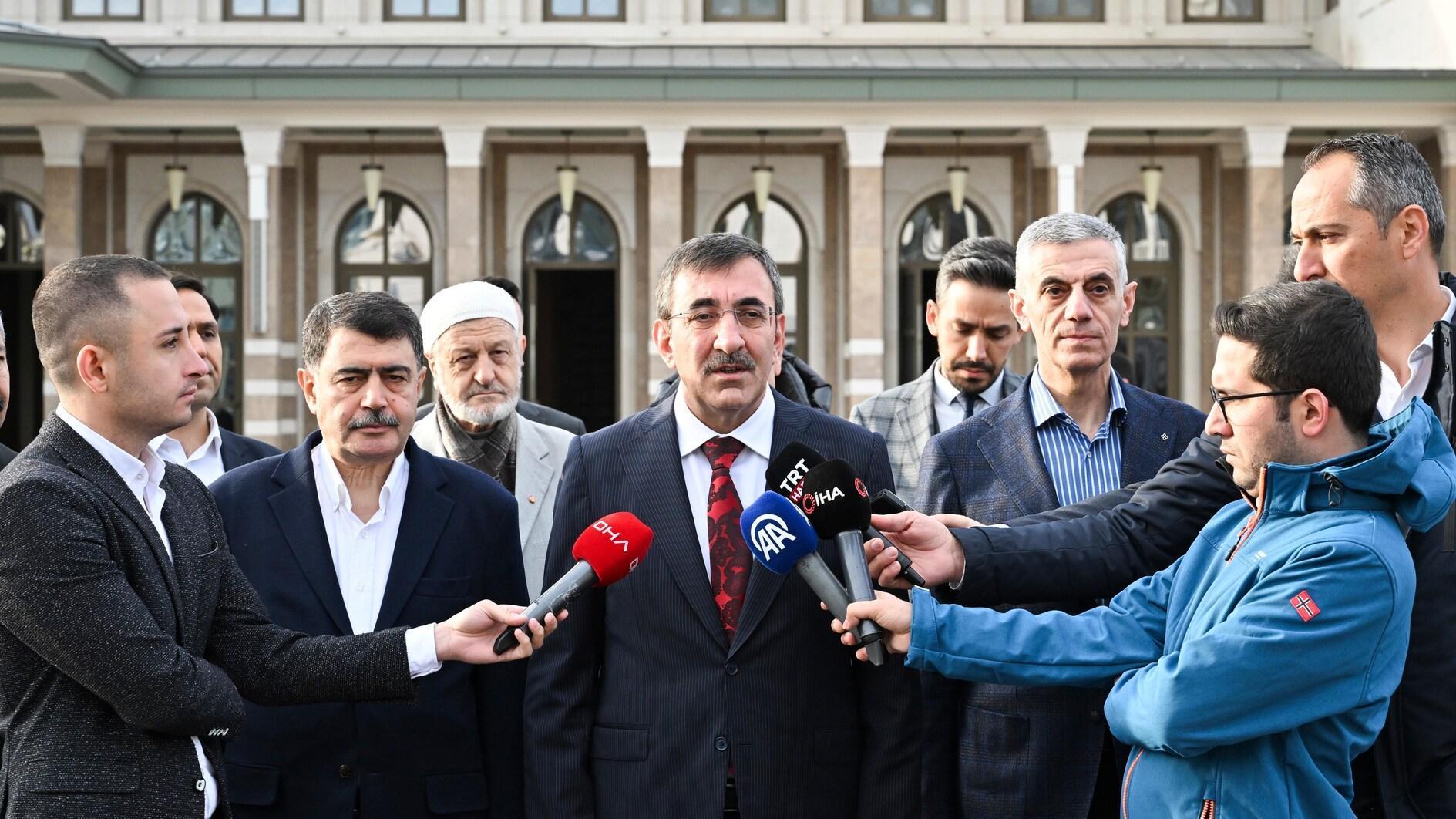Syria war beyond spillover in Turkey after Reyhanlı attacks
The long-feared scenario of a possible spillover of the over two-year-old Syrian civil war passed beyond the ugly, tragic truth over the weekend with deadly bombings shattering the southern province of Hatay’s Reyhanlı district, killing at least 46 people, including both Turks and Syrians, just a few kilometers from the Syrian border.
A violent torrent from Syria has been long looming over Turkey with the mounting war of words between Turkey and Syria, as well as Damascus’ accusations against Ankara that it is providing “safe havens” for the Syrian rebels, including an al-Qaeda-linked group’s militants fighting against the regime. Ankara, meanwhile, blames Damascus and its intelligence for the latest attack.
One of the deadliest attacks on Turkish soil in years underscored that Turkey has already been dragged into the Syrian mayhem and, in a region featuring similar ethnic tensions, more violence could be on the way in the near future. Known for its ethnically mixed population and tolerance, Hatay has often been in the headlines amid the raging war as it hosts a number of refugees from Syria. The province has been becoming tenser day by day with the growing anxiety of locals toward the Syrian refugees amid the depressed local economic state due to the conflict. Thus, the initial attacks by locals on the refugees after the deadly incident was the peak of the anxiety, but the worse scenario would be to see ethnically divided locals bearing down on each other since Turkey has historically not been unfamiliar to this kind of ethnic violence. That would trigger a wider all-out war in the region – a frightening scene.
The particular emphasis by senior Turkish officials on the “not coincidental” timing of the attacks timidly pointed at the ongoing bid to solve Turkey’s Kurdish bid along with the Syrian crisis, but now all the attention has been placed on the latter. The timing, indeed, is “not coincidental” in the Syrian context since a slim hope has recently appeared for a negotiated solution to the crisis after a U.S.-Russian deal for mediation and Turkish Prime Minister Recep Tayyip Erdoğan’s upcoming visit to Washington. Not every single party of the conflict was content with the U.S.-Russian deal with Turkey remaining cautious to it, and there are some groups among them which would like to keep the violent status quo instead of having a deal that might eradicate their very existence.
In sum, the deadly attacks not only hit Reyhanlı hard, but also the prospects for a long-sought peace in the region. The chance is not entirely gone, but the consequences would be severe if the agitation over the Syrian crisis sees no end.










